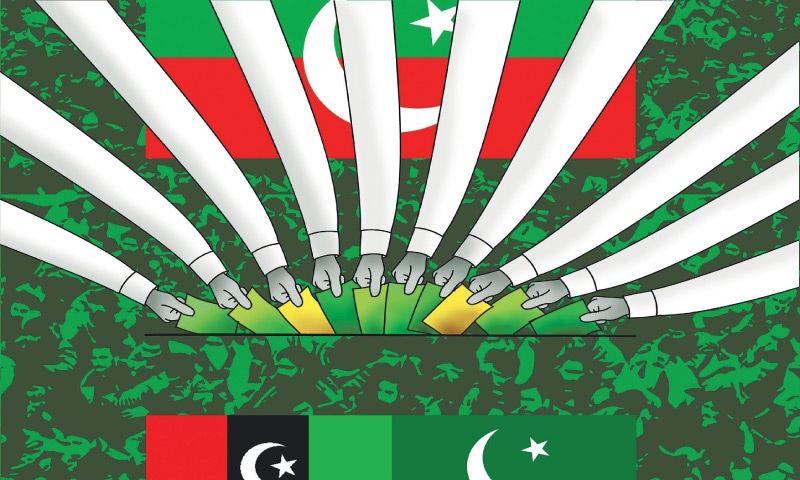
Analyzing the Current Political Landscape in Pakistan
Analyzing the Current Political Landscape in Pakistan: Election Dynamics and the Role of the Caretaker Government
- Introduction
- The Evolving Political Scene in Pakistan
- Significance of Elections and Caretaker Governments
- Current Political Situation
- Major Political Parties and Their Positions
- Emerging Issues and Public Sentiments
- Upcoming Elections
- Scheduled Elections and Their Importance
- Preparations and Political Alliances
- Caretaker Government: Its Role and Formation
- Purpose of a Caretaker Government
- Process of Selecting Caretaker Officials
- Challenges and Controversies
- Ensuring Transparency and Fairness
- Addressing Allegations of Bias and Manipulation
- International Observers and External Influence
- Role of International Organizations in Elections
- Balancing Sovereignty and External Observations
- Public Expectations and Participation
- Civic Engagement and Voter Turnout
- Expectations from Elected Representatives
- Media’s Role and Election Coverage
- Media’s Influence on Public Perception
- Responsible Journalism during Election Period
- Caretaker Government’s Responsibilities
- Ensuring Neutral Administration
- Facilitating a Smooth Transition
- Future Implications and Prospects
- Impact of Election Outcomes on Policy Direction
- Upholding Democratic Values and Governance
- Conclusion
- Navigating Political Waters: Elections and the Caretaker Government
1. Introduction:
Pakistan’s political landscape is characterized by its complexity and continuous evolution. This report delves into the current political dynamics, the impending elections, and the role and significance of the caretaker government in the democratic process.
2. Current Political Situation:
An overview of the leading political parties, their stances on key issues, and the prevailing sentiments among the public sets the stage for understanding the broader political context.
3. Upcoming Elections:
Scheduled elections represent a crucial turning point for the nation. The report examines the preparations, political alliances, and the significance of these elections.
4. Caretaker Government: Its Role and Formation:
The purpose and role of the caretaker government in ensuring a level playing field for elections are discussed, along with insights into how caretaker officials are selected.
5. Challenges and Controversies:
Challenges related to transparency, fairness, and allegations of bias or manipulation are central to a meaningful electoral process and are explored within this context.
6. International Observers and External Influence:
The role of international organizations in observing elections and the delicate balance between maintaining national sovereignty and welcoming external observers are examined.
7. Public Expectations and Participation:
Voter engagement, turnout rates, and public expectations from elected representatives play a pivotal role in shaping election outcomes.
8. Media’s Role and Election Coverage:
The influence of media on public perception and responsible journalism practices during the election period are crucial for accurate information dissemination.
9. Caretaker Government’s Responsibilities:
Ensuring a neutral administration, facilitating a smooth transition of power, and maintaining an environment conducive to fair elections are key responsibilities of the caretaker government.
10. Future Implications and Prospects:
The report delves into the potential ramifications of election outcomes on policy direction and governance, emphasizing the importance of upholding democratic values.
11. Conclusion:
The interplay between elections and the caretaker government serves as a foundation for Pakistan’s democratic process. By navigating the complexities of the political landscape, the nation can continue on its path toward effective governance and political stability.
